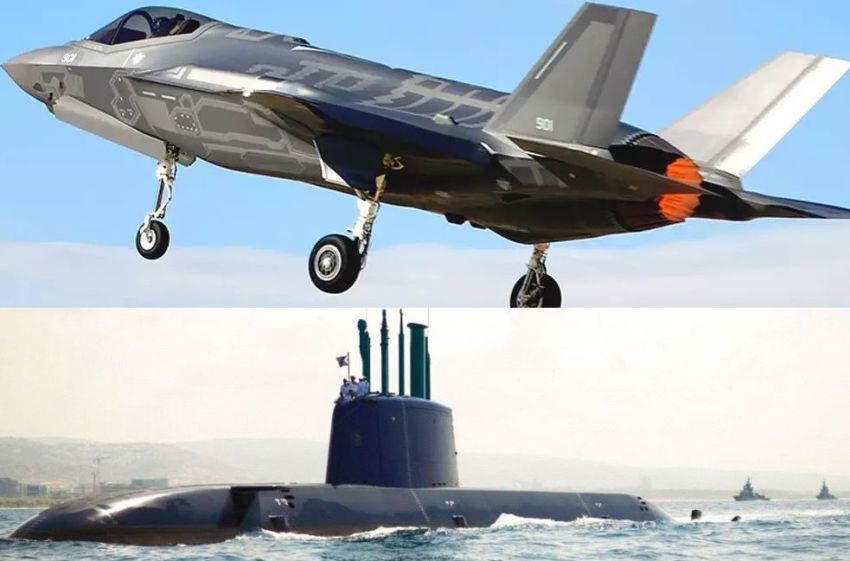The Yom Kippur Eve message broadcast by IDF Chief Lt. Gen. Aviv Kochavi held the key to Israel’s intention: “We will not let harm come to Israel and if it does, we shall respond with power.” This shorthand phrasing meant that if, on the 66th anniversary of the grim 1973 war, Iran’s leaders decide on another surprise attack on Israel, like the Sept. 14 cruise missile-drone assault on Saudi oil facilities, this country, unlike the US and Saudis, will hit back at strategic targets on Iranian soil. And if the attacks come from Hizballah in Lebanon or Shiite militias in Iraq, now massively armed by Iran with ballistic missiles and air defense systems, then Israel will direct its counter-offensive at those sources.
Kochavi’s words were carefully chosen. He did not say “all our power,” only “power” – thereby leaving the IDF with the option of follow-up counter-operations.
He went on to say: “We have seven eyes open, conduct day-to-day situation assessments and make professional and responsible decisions with regard to offensive action for preempting threats, while also preserving balance.” The chief of staff was making it clear that no movement or military preparation across a vast swath of terrain in Iran, Iraq, Syria and Lebanon is lost on Israeli watchers, in the determination not to be caught off-guard like the US, Saudi Arabia and Israel itself were on Sept. 14.

